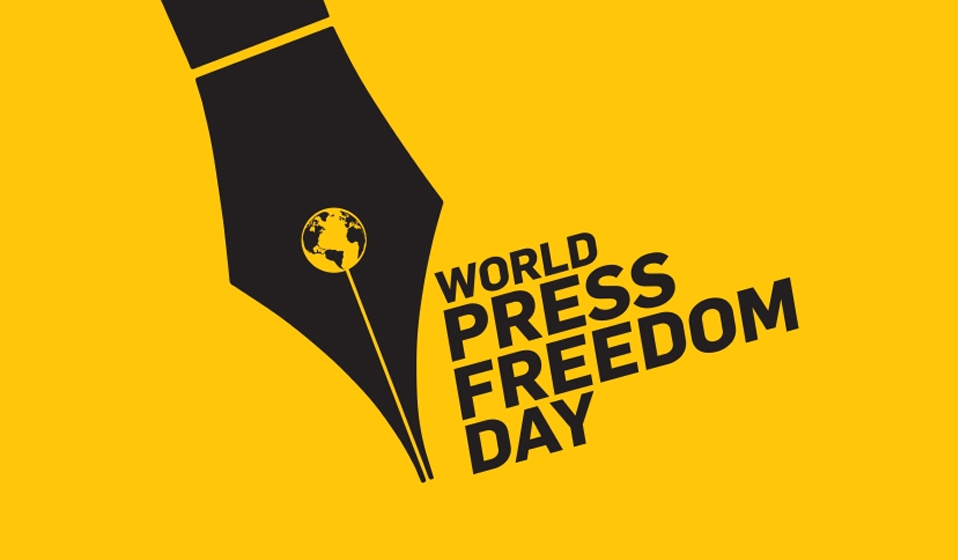Kampala, Uganda – The National Medical Stores (NMS) has unveiled new measures to curb drug theft and illegal sales, including an upgraded mobile solution that allows the public to track medicine deliveries in real time.
Speaking at the Uganda Media Center, NMS General Manager Moses Kamabare announced that the institution is intensifying efforts to ensure that government-procured drugs reach their intended beneficiaries. Central to the initiative is the Delivery Monitoring Tool (DMT), an online platform that alerts stakeholders when medicines are dispatched from NMS warehouses in Kajjansi and Entebbe and when they are received at health facilities across the country.
The tool, accessible via https://dmt.nms.go.ug, provides detailed information on what was delivered, where it was delivered, the type of supplies, and the health workers who received them. SMS notifications are automatically sent to District Health Officers, Resident District Commissioners, Members of Parliament on the Health Committee, and other stakeholders each time supplies reach their destinations.
Introduced five years ago, the DMT has become a cornerstone of accountability, allowing citizens and oversight bodies to track government medicines from dispatch to delivery. Kamabare emphasized that the system is part of broader efforts to fight drug theft, which has undermined service delivery in many parts of the country.
In addition, NMS has implemented the embossing of government drugs with a clear label reading “Government of Uganda – Not for Sale”. This innovation, introduced on the directive of President Yoweri Museveni, makes it easier for the public to distinguish between government-supplied medicines and those from private sources.
State House Health Monitoring Unit (HMU) led by Executive Director Dr. Warren Namara noted the need for amendments currently before Parliament that seek stiffer penalties for drug theft. Unlike in the past, when punishments did not vary with the scale of theft, the proposed law would impose tougher sanctions on culprits, aiming to deter misuse of public medicines.
NMS stressed that it remains committed to maintaining the quality of medicines from the time they are received at the central stores to the time they are dispatched to facilities. “Once drugs are delivered, the responsibility shifts to health workers. But with these systems, Ugandans can now see where their medicines go, and who has received them,” he said.
The crackdown reflects a wider government push to safeguard public health resources and restore public confidence in Uganda’s medical supply chain.







